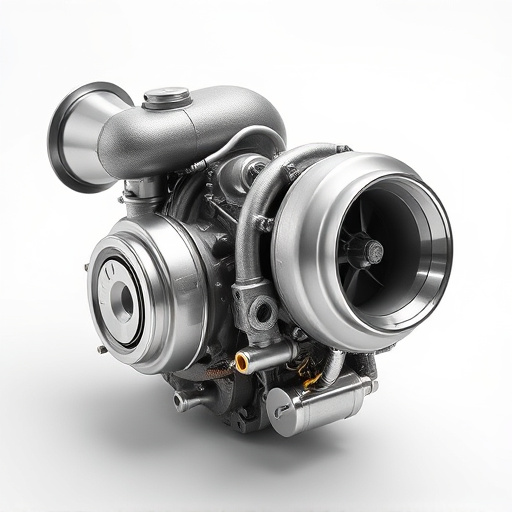Quality workmanship, characterized by meticulous attention to detail and unwavering dedication, is the cornerstone of exceptional craftsmanship. In fields like automotive detailing, this approach ensures not just visually stunning results but also functional and long-lasting pieces, leaving a lasting impression through superior quality.
In the realm of craftsmanship, quality workmanship is not a luxury but a non-negotiable cornerstone. This article delves into the profound impact of meticulous attention to detail on shaping a legacy that endures. We explore why artisans pride themselves in their work, fostering a culture where every stroke and seam matters. Discover how this commitment ensures the sustainability and appreciation of handcrafted treasures, solidifying quality workmanship as an indispensable element in preserving traditional artistry.
- The Impact of Quality on Craftsmanship's Legacy
- Why Attention to Detail Matters Most
- Sustaining Pride in One's Workmanship
The Impact of Quality on Craftsmanship's Legacy

The legacy of craftsmanship is intrinsically linked to the quality of work produced. When a piece of art, whether it’s a finely crafted furniture or an intricate automotive restoration, stands the test of time, it speaks volumes about the skill and dedication of its creator. Quality workmanship ensures that each creation becomes a testament to the artisan’s expertise, fostering a sense of appreciation and respect from generations to come.
In the realm of professional crafts, such as precise PPF (Paint Protection Film) installation or meticulous automotive detailing, quality is not just about aesthetics; it’s a matter of function and longevity. Effective heat rejection solutions, for instance, require meticulous attention to detail to ensure optimal performance and protection for vehicles. This commitment to excellence ensures that the craftsmanship not only looks remarkable but also performs optimally over time, leaving a lasting impression on all who lay eyes on it.
Why Attention to Detail Matters Most

In the realm of craftsmanship, attention to detail is the invisible thread that weaves together exceptional quality and lasting impact. It’s about seeing beyond the surface and meticulously crafting each element, ensuring every joint is secure, every curve is flawless, and every finish is pristine. This meticulous approach isn’t merely an aesthetic preference; it’s a commitment to excellence that guarantees longevity and satisfaction.
Consider automotive detailing as an example—a space where quality workmanship and attention to detail truly shine. Custom graphics, when expertly applied, transform a mundane vehicle into a masterpiece. Similarly, car customization involves intricate processes that demand precision, from precise measurements and skilled craftsmanship to ensuring every detail aligns perfectly with the owner’s vision. This level of dedication ensures not just a functional result but a reflection of passion and artistry.
Sustaining Pride in One's Workmanship

Craftsmanship is an art that demands dedication and pride. When artisans take ownership of their work, they instill a sense of excellence in every detail. This pride manifests as a commitment to delivering not just good enough, but exceptional results. It’s this unyielding spirit that sets apart those who offer premium automotive services, ensuring each vehicle receives the highest level of care.
Just as heat rejection systems regulate the internal temperature of vehicles, quality workmanship maintains the integrity and longevity of crafts. Similarly, paint protection film serves as a shield against environmental factors, preserving the initial beauty and value of a creation. Ultimately, artisans who take pride in their work create pieces that not only meet but exceed expectations, leaving a lasting impression.
In the pursuit of excellence, quality workmanship is non-negotiable. As discussed, exceptional craftsmanship leaves a lasting legacy, prioritizing detail ensures durability and pride in one’s work upholds the highest standards. Embracing these principles not only ensures the longevity of skills but also fosters a culture that values and preserves artistry for future generations. By adhering to these standards, artisans can create pieces that resonate with beauty, functionality, and enduring quality.














